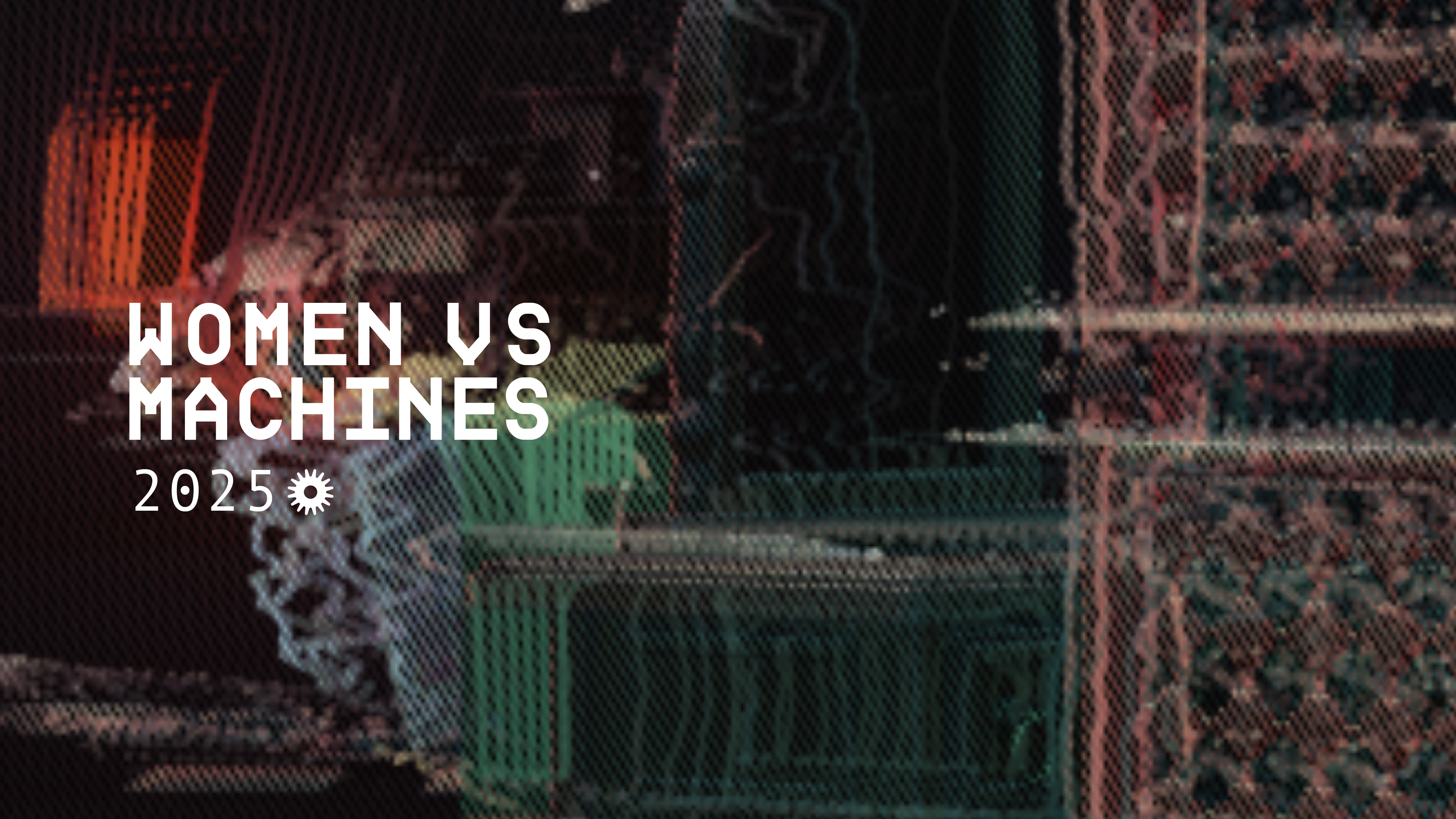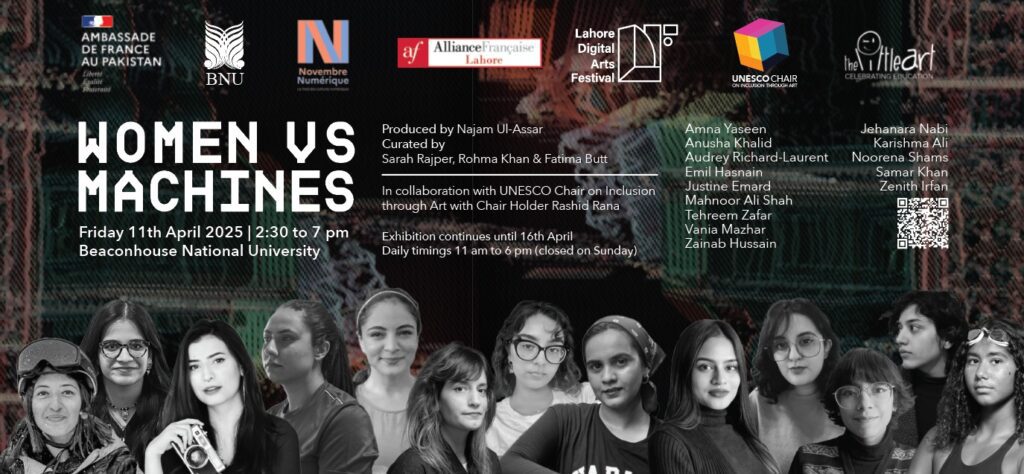
Exploring technology through a gendered perspective
The promise of the digital world is that it is democratic and open to all; however, its reality is much different. Increasing automation and reliance on AI tools and technology pushes the idea that it can ease the burden of tasks on human workers and make life safer and more convenient, to free up time for humans to spend more time doing human things. Yet the benefits often fall heavily on a certain demographic, and the costs disproportionately affect women and minorities. Question of access and presence impact who gets to create online spaces and who is safe within them. Despite the promise of the safety of anonymity, cyber harassment and cyberbullying are particular concerns for women. In addition to the unequal power dynamics connected to interactions within the digital realm itself, the burden of care work – primarily unpaid – remains squarely on the shoulders of women, supporting the physical existence of life while men are free to pursue their metaverse dreams.
In its third edition of programming, Lahore Digital Arts Festival takes on the theme of “Women Vs Machines,” and aims to address the challenges – obvious and non-obvious – that gender and women face within the technology sector. LDF encourages artists to seek out innovative and creative responses to the problems which respect the complexity while inspiring, encouraging, and activating a gender-inclusive digital future.
This concept is designed to consider the future of digital spaces as seen from a gender perspective. This can mean the digital spaces themselves – inviting questions of access, interaction, and safety – as well as the infrastructure and systems needed to support them. For example, in AI and robotics. ‘female’ gendered robots or avatars feature heavily, yet women themselves are rarely accepted or welcome in spaces where these models are built or coded.
Long seen as helpless or unable to use or contribute to technology, women in tech spaces are still a rare sight, and their contributions to early and ongoing technological advancements are ignored and erased from history. Companies and industries dedicated to the future of digital spaces, such as web3 or the metaverse, are generally dominated by men.
LDF’s “Women vs Machines” programming and open calls will approach the topic from a variety of angles, from presence and representation of gender within online spaces including gaming, avatars, AI, and more, to the systems and structures created to support these spaces. It may touch on safety, access, or imagery, ranging from cybercrime and photo manipulation to gender-sensitive representation across the board.
Some questions on this topic that will inspire LDF’s 2024-2025 programming and open calls are:
- What would a gender-transformative approach to women and technology look like?
- What can AI learn from the underrepresented groups?
- How can the lessons of gender mainstreaming and feminist leadership help us build the technological future?
- What might AI and machines bring positively to the unequal burden of care work?
- How and why does gender factor into the personality or presentation of AIs or robotics, and how can we reimagine this?
- What would it take to make online spaces inclusive and safe for women and underrepresented groups?
By approaching this concept of “Women vs Machines” from an artistic angle, LDF hopes to provide thought-provoking contributions to the worldwide discussion on the future of inclusive digital spaces.


The first in the series of Women vs Machines is organised at Beaconhouse National University under the from April 11th until April 16th, 2015.
Participating Artists: The participating artsits include Amna Yaseen, Anusha Khalid, Audrey Richard-Laurent, Emil Hasnain, Justine Emard, Mahnoor Ali Shah, Tehreem Zafar, Vania Mazhar, Zainab Hussain, Jehanara Nabi, Karishma Ali, Noorena Shams, Samar Khan, and Zenith Irfan.
Presenting Team: The partners include: French Embassy in Pakistan, Beaconhouse National University, Novembre Numerique, Alliance Francaise Lahore, UNESCO Chair on Inclusion through Art with Chair Holder: Prof. Rashid Rana. Produced by Najam Ul Assar, and co-curated by Sarah Rajper, Rohma Khan and Fatima Butt.